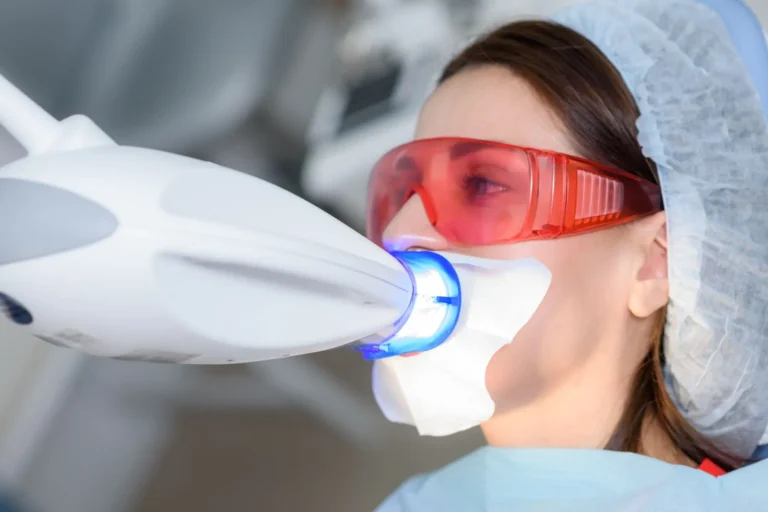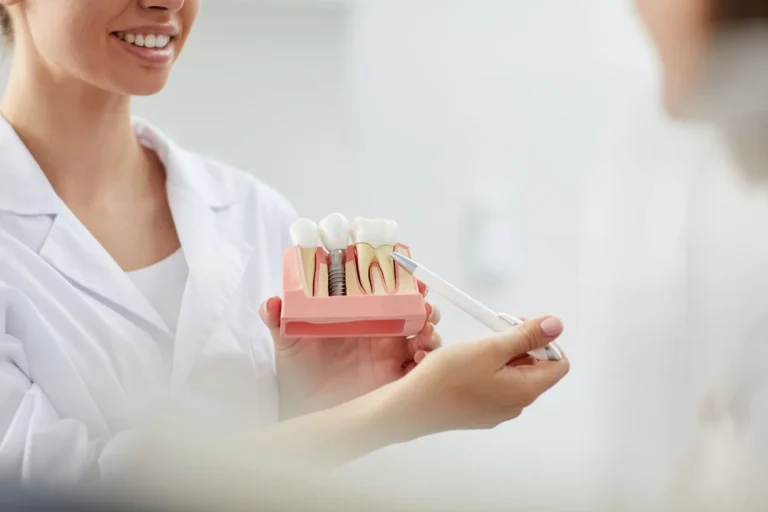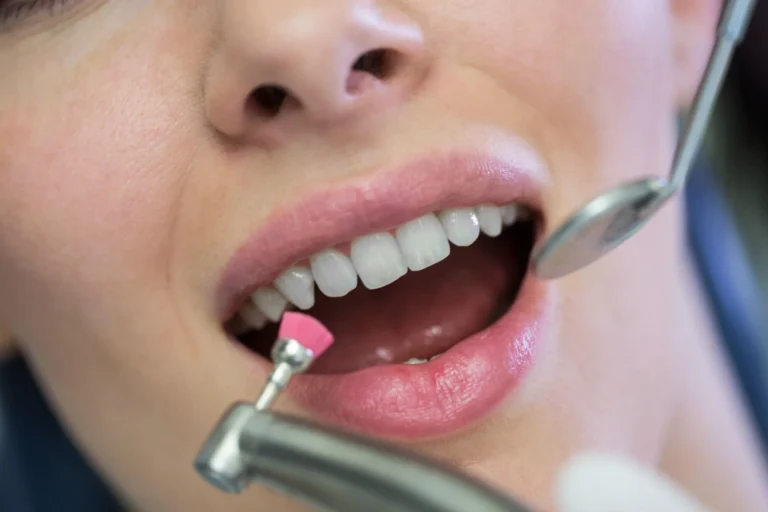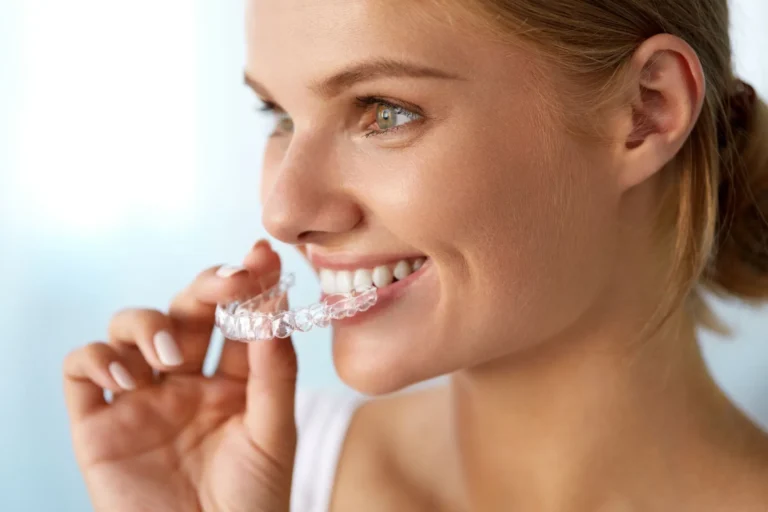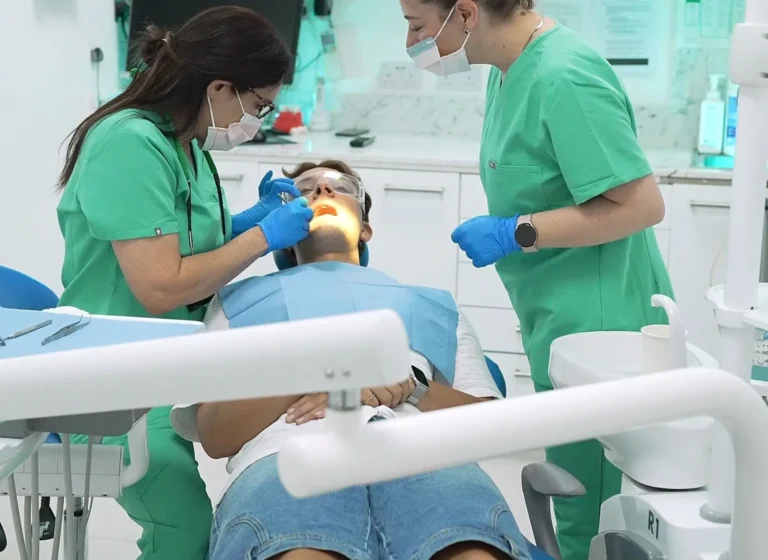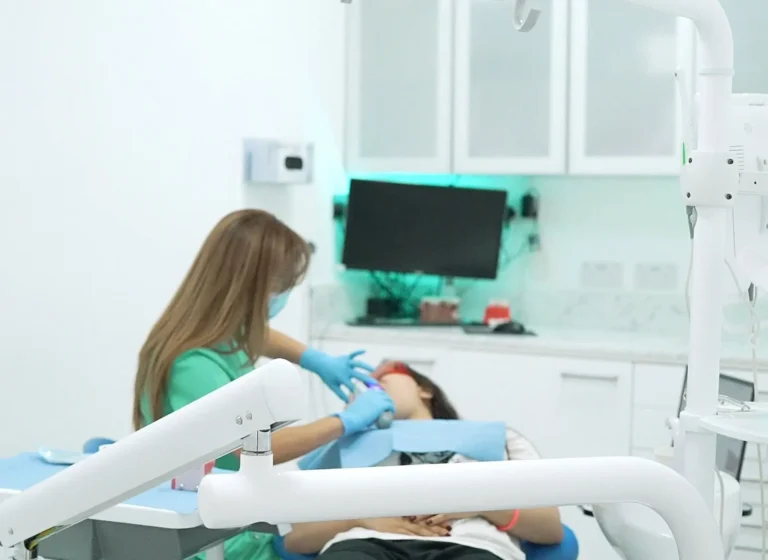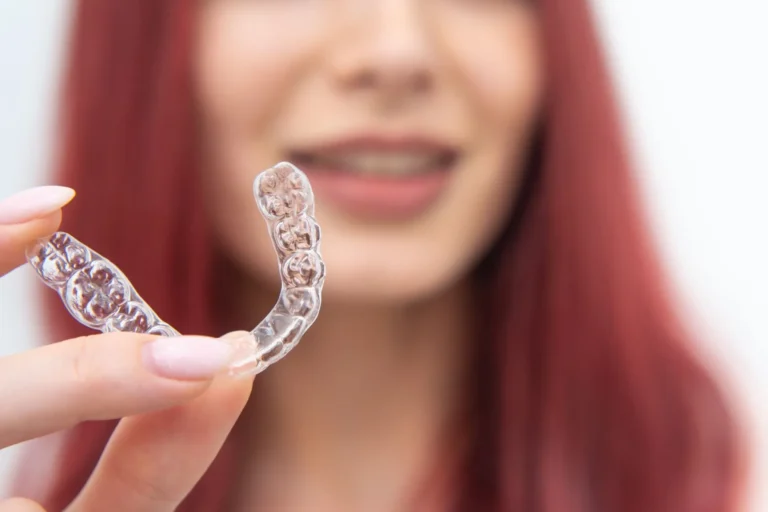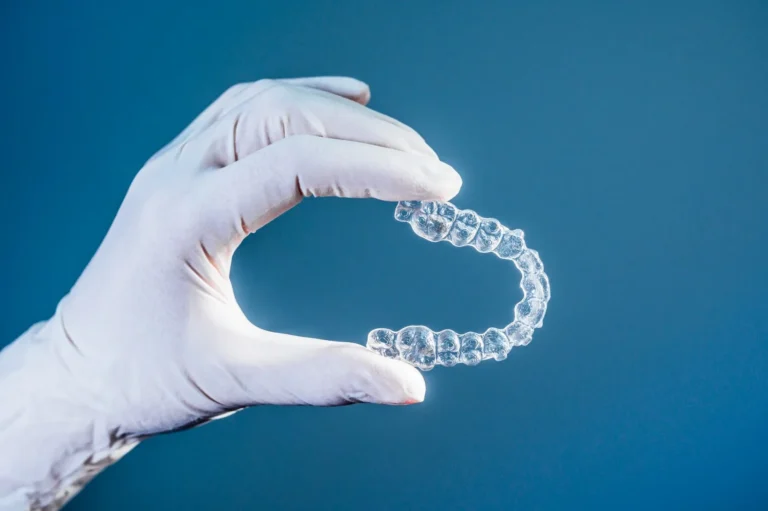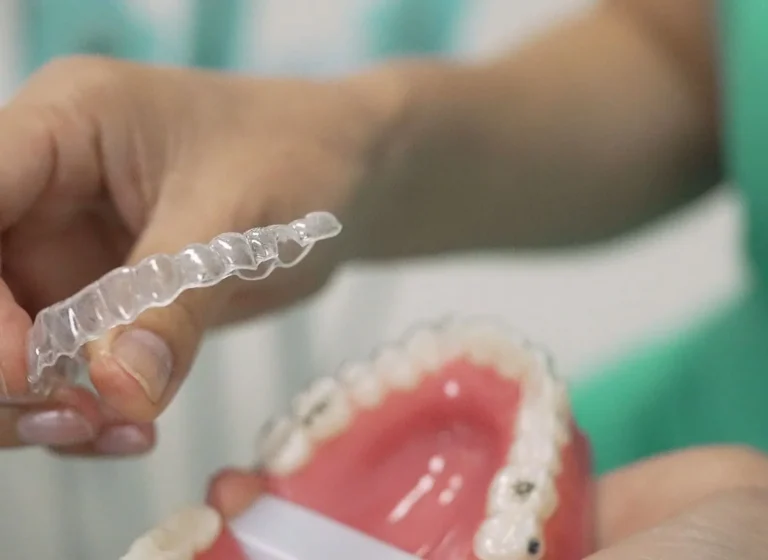How to Get Rid of Plaque: Dentist’s Guide in Vauxhall London
Plaque is one of the most common oral health issues — and one of the most underestimated. Almost every patient has it, yet many are unsure about how to get rid of plaque effectively and safely.
At Super White Dental Clinic in Vauxhall London, we explain to patients that plaque is more than just a cosmetic problem: if ignored, it can lead to cavities, gum disease, bad breath, and even tooth loss. In this article, we’ll guide you step by step on how to control plaque at home, when to seek professional help, and why prevention is the key to long-term oral health.
What Is Dental Plaque?
Plaque is a soft, sticky film that builds up on teeth and along the gumline. It forms when bacteria in your mouth mix with food and saliva, creating a biofilm that clings to teeth.
If not removed daily, plaque can:
- Harden into tartar (calculus), which cannot be removed at home
- Irritate gums, leading to gingivitis and periodontitis
- Cause cavities by producing acids that erode enamel
- Contribute to bad breath and stained teeth
👉 Book a plaque check-up at Super White Dental Clinic
How to Get Rid of Plaque at Home
The good news is that plaque is manageable with consistent daily care. Here’s how to control it:
1. Brush Twice a Day
- Use a soft-bristle toothbrush
- Brush for at least two minutes
- Focus on all tooth surfaces, especially near the gumline
2. Floss Daily
- Floss removes plaque between teeth where brushes can’t reach
- Use dental floss, floss picks, or interdental brushes
3. Rinse with Mouthwash
- Antibacterial rinses can help reduce bacteria
- Avoid replacing brushing or flossing with mouthwash
4. Maintain a Healthy Diet
- Limit sugary and starchy foods, which feed bacteria
- Drink water regularly to wash away food particles
👉 Learn more about daily hygiene from our experts
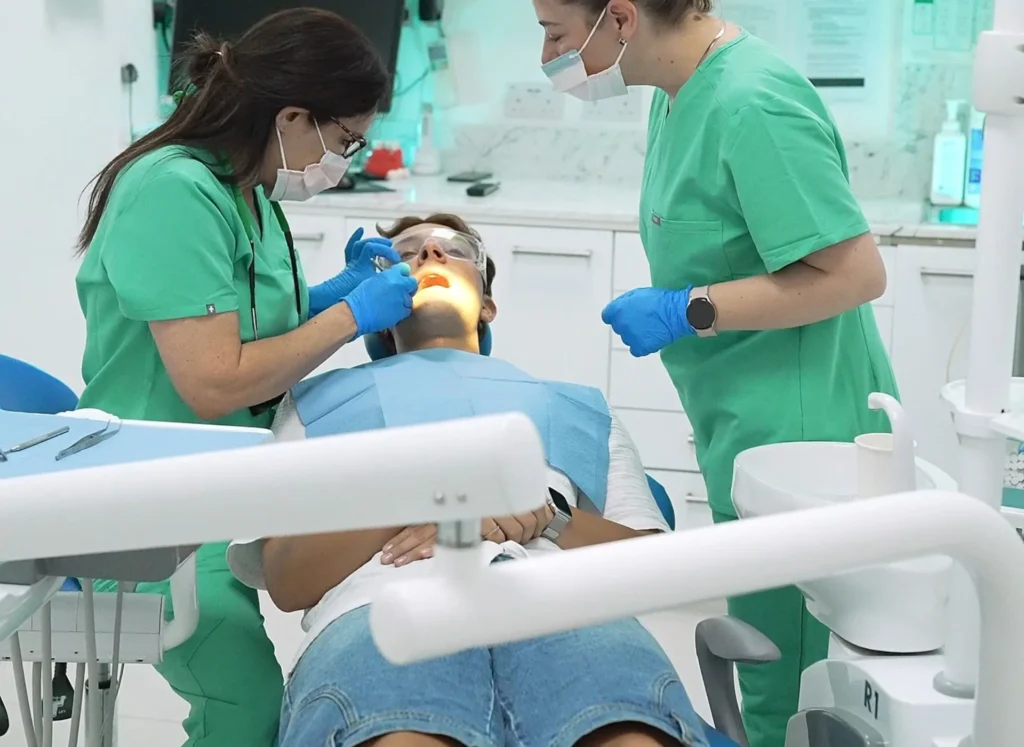
Why Professional Cleaning Is Essential
Even with perfect brushing and flossing, plaque can harden into tartar in areas you can’t reach. Once this happens, no toothbrush or floss can remove it — only a dentist or hygienist can.
At Super White Dental Clinic in Vauxhall London, we use advanced technologies like Airflow and ultrasonic scalers to safely remove plaque and tartar without damaging enamel.
Professional hygiene provides:
- Deep cleaning above and below the gumline
- Stain removal for brighter teeth
- Prevention of gum disease and tooth loss
- Tailored advice on brushing and flossing techniques
👉 Book your professional hygiene session today
How to Prevent Plaque Buildup
The best way to deal with plaque is to prevent it from accumulating in the first place.
Tips for prevention:
- Brush twice a day with fluoride toothpaste
- Replace your toothbrush every 3 months
- Use floss or interdental brushes daily
- Eat fewer sugary snacks and drinks
- Visit your dentist every 6 months for check-ups and hygiene
Prevention is easier, cheaper, and healthier than treating the consequences of plaque.
👉 Schedule your preventive check-up in Vauxhall London
Common Mistakes in Plaque Removal
Many patients think they’re cleaning properly but still struggle with plaque. Here are the most common mistakes:
- Brushing too quickly (less than 2 minutes)
- Ignoring flossing
- Using hard-bristle brushes that damage gums
- Skipping dental check-ups
- Thinking mouthwash alone is enough
Avoiding these mistakes makes a huge difference in keeping teeth and gums healthy.
👉 Get a personalized hygiene plan at Super White Dental Clinic
How Plaque Affects Your Overall Health
Plaque doesn’t just stay in your mouth. When it hardens into tartar and causes gum disease, bacteria can enter the bloodstream and affect your overall health. Research has shown links between untreated gum inflammation and conditions such as:
- Cardiovascular disease
- Diabetes complications
- Respiratory infections
- Pregnancy-related issues
This is why controlling plaque is not only about protecting your teeth but also about safeguarding your whole-body health.
👉 Book a preventive check-up at Super White Dental Clinic
When Should You See a Dentist About Plaque?
It’s normal for everyone to have some plaque buildup, but there are warning signs that mean it’s time to visit your dentist or hygienist.
You should book a visit if you notice:
- Bleeding gums when brushing or flossing
- Persistent bad breath
- Teeth that feel “fuzzy” or rough even after brushing
- Yellow or brown deposits near the gumline
- Sensitivity or discomfort around gums
Early intervention makes treatment simple and prevents plaque from turning into tartar or gum disease.
👉 Schedule your hygiene appointment in Vauxhall London
Why Flossing Complements Professional Hygiene
Daily flossing is essential, but it can’t replace professional dental cleanings. At Super White Dental Clinic in Vauxhall London, our hygienists use technologies such as Airflow with micro-powders to remove plaque and tartar that floss and toothbrushes can’t reach.
Flossing + professional hygiene means:
- Deeper cleaning: reaching under the gum line and hard-to-access areas
- Prevention: avoiding gum disease and tooth decay
- Monitoring: detecting early signs of issues like gingivitis or enamel wear
- Personalized advice: our team can refine your flossing technique and recommend the right products for your mouth
In short: daily flossing protects your teeth day by day, while professional hygiene ensures a long-term healthy foundation.
👉 Book your professional hygiene appointment today
FAQ: How to Get Rid of Plaque
Q1: Can I remove tartar at home?
No. Once plaque hardens into tartar, only a dentist or hygienist can remove it safely.
Q2: Does flossing really help against plaque?
Yes. Flossing is the only way to remove plaque between teeth, where most cavities and gum disease start.
Q3: Can mouthwash replace brushing?
No. Mouthwash can reduce bacteria, but it cannot physically remove plaque.
Q4: Why do my teeth still feel rough after brushing?
This usually means plaque or tartar remains. Professional cleaning may be needed.
Q5: How often should I get a professional cleaning?
Most patients benefit from every 6 months, but some may need more frequent visits depending on gum health.
Conclusion: How to Get Rid of Plaque Safely in Vauxhall London
Knowing how to get rid of plaque means combining daily oral care at home with regular professional hygiene sessions. While brushing and flossing are essential, they are not always enough — which is why professional check-ups are crucial.
At Super White Dental Clinic in Vauxhall London, our hygienists use cutting-edge techniques and equipment to remove plaque, protect gums, and keep your smile bright and healthy.
📍 Super White Dental Clinic – 41 S Lambeth Rd, Vauxhall London SW8 1RH
📞 Phone: 020 3645 7885 – WhatsApp: 07947903827
📧 info@superwhitedentalclinic.co.uk
👉 Book your consultation today and start your implant journey

